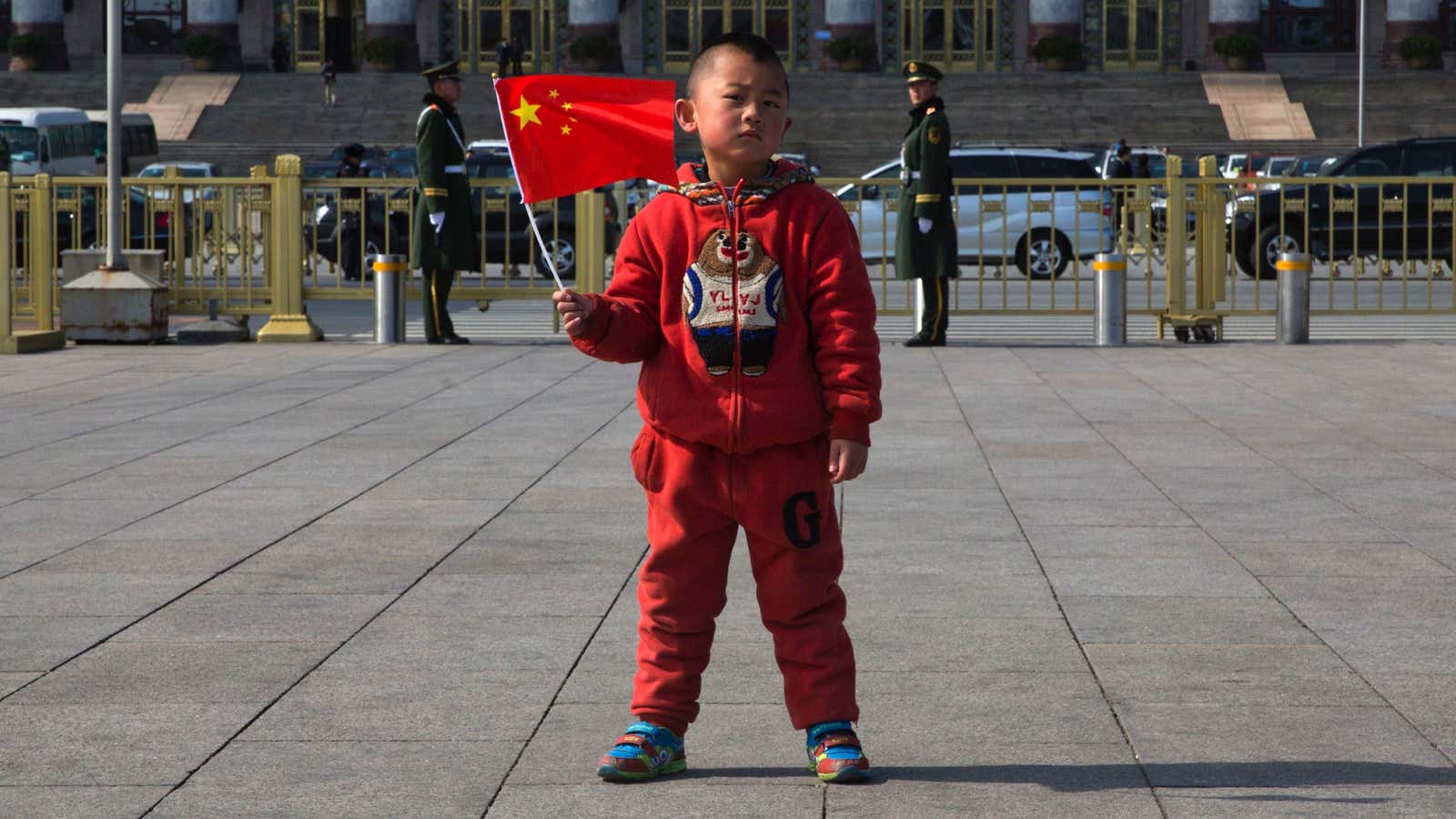As China’s domestic economy slows down, leaders in Beijing have repeatedly pledged to transition to a services-led economy and continue opening up their capital markets to foreign investment.
Although China is the world’s second-largest economy and still growing much faster than the rest of the world, foreign investment has stalled and the country’s stock markets have limped along since last year’s crash.
Two incidents this past week show how much work is left to be done before the rest of the world is ready to embrace China. They also reveal the huge gulf that exists between the economic theory driving Beijing’s top leaders, who are used to being able to dictate growth and policy, and the leaders of other major economies.
The big-boy stock club
Influential stock indexing firm MSCI said Wednesday (June 14) that China’s “A” shares would not be included in its emerging-market stock index for the third year in a row.
The decision means China’s markets, albeit the world’s second-largest by market cap, remain mostly a domestic affair (one that many local investors lost faith in last year). It could also put pressure on China’s currency, and mean the markets are likely to lose billions of dollars in forgone foreign investment.
MSCI’s full explanation (pdf) puts most of the blame on Beijing. Chinese regulators’ heavy-handed market manipulation last summer and worries about how freely capital can move in and out of shares are the top concerns. An “extensive global consultation” with investors found that they:
…generally stressed the need for a period of observation to assess the effectiveness of the [Qualified Foreign Institutional Investor] quota allocation and capital mobility policy changes as well as the effectiveness of the new trading suspension policies.
In other words, investors firstly were not confident that China’s Qualified Foreign Institutional Investor program was working well. As MSCI explained later, “a number of international investors” were still waiting to be allowed to buy shares after submitting applications “months before.”
Secondly, China’s “trading suspension” procedures are a mess. Last year, as the markets crashed, hundreds of companies legally suspended trading of their own stock, in order to ride out the downturn. The situation was “a focal point of discussion” MSCI said, and investors were “extremely vocal about the liquidity risk.” While stock markets have adopted new rules to prevent these suspensions, they have not been tested.
The supply-demand conundrum
China’s second global integration setback this week is part of an ongoing saga. As they faced off over accusations China is dumping cheap, state-supported steel abroad, premier Li Keqiang told German chancellor Angela Merkel in Beijing on Monday that “steel overcapacity is a problem of the world, not only China.” The real problem, he said, is that “the world’s market is decreasing.”
It’s a reiteration of the remarks commerce ministry spokesman Shen Danyang made in April, when he called steel the “food of economic development,” and said, “at present, the major problem is that countries that need food have a poor appetite so it looks like there’s too much food.”
In other words, it’s not that China is producing too much, it’s that the world is using too little—a mindset that only makes sense when you consider that Beijing’s one-party government has long dictated how fast the economy will grow, rather than responded to conditions on the ground. When the economy wasn’t growing fast enough, provincial leaders created growth by embarking on giant infrastructure projects and other developments, needed or not.
The rest of the world’s major economies, though, don’t work that way. Companies and leaders generally adjust expectations and production to meet realities, not project what they would like reality to be.
The global reality is that demand for steel is far below capacity:
But amid the plummeting prices and global layoffs, China’s steel production, and its exports, keep growing:
The EU is reportedly considering new tariffs that would make Chinese steel more expensive—a situation that would only hurt China’s slowing economy over the long term.
